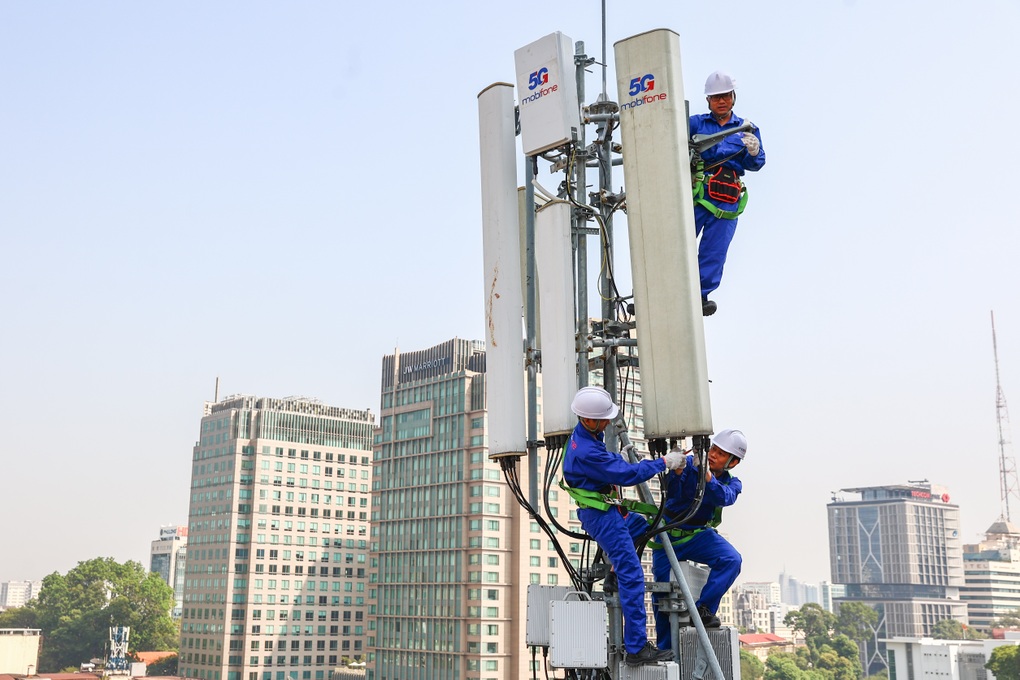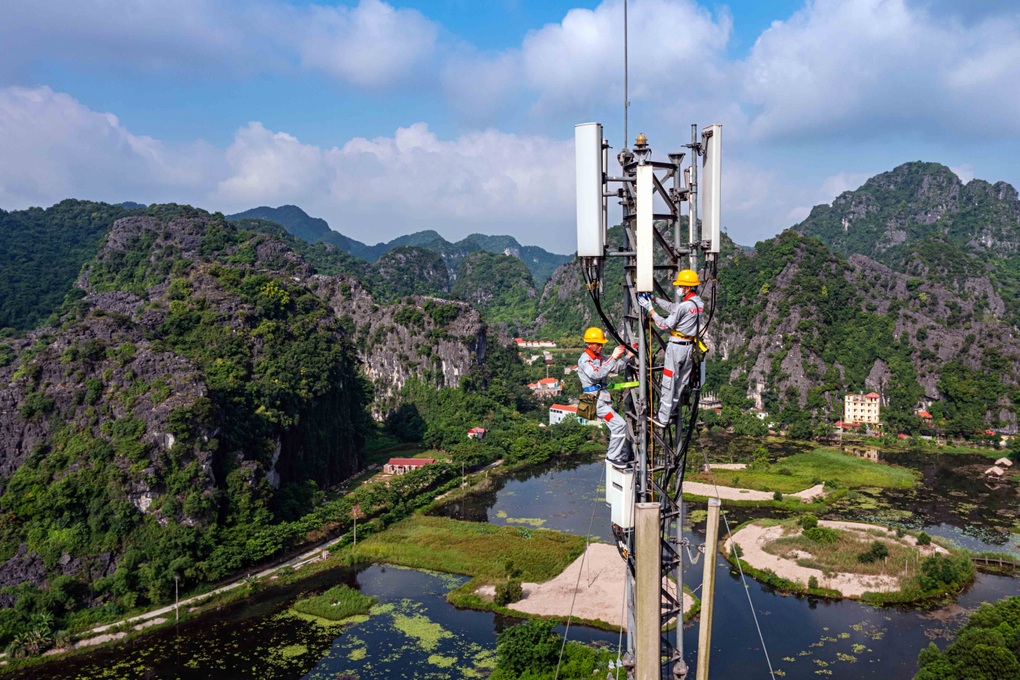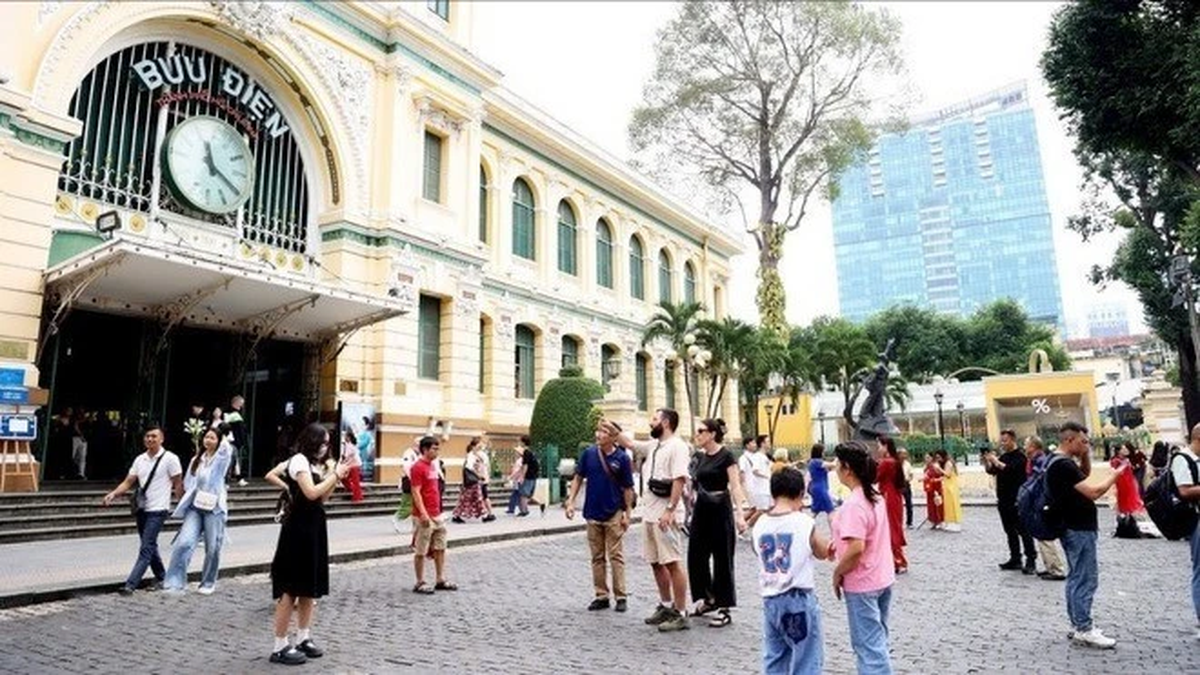At the working session with the telecommunications sector, Minister Nguyen Manh Hung said that telecommunications infrastructure from its inception until recently has been basic communication infrastructure (calling, texting).

Telecommunications infrastructure has become economic infrastructure (Photo: MobiFone ).
Now, telecommunications infrastructure has become the infrastructure of the economy . Without this infrastructure, it would be like having no electricity, no water. This is a very important transformation.
"According to the development trend, telecommunications infrastructure has transformed into digital infrastructure. The concept of digital infrastructure will be much broader. On telecommunications infrastructure there is the Internet, on the Internet there is digital infrastructure. On digital infrastructure there is also physical digital infrastructure and on top of that are digital utilities," the Minister shared.
Minister Hung said that Vietnam has opened its telecommunications industry for more than 20 years but is still struggling to compete in infrastructure. Network operators compete to see who has a wider network and more stations. Now, instead of competing in infrastructure, it is time to share infrastructure.
Network operators must share and cooperate to reduce prices and focus on services. Things like this force large network operators to share infrastructure with small network operators. VNPT and Viettel must share infrastructure with MobiFone.
According to the Minister, it is necessary to pay attention to promoting price competition in services. This has not been promoted, so there are very few telecommunications services in Vietnam. Promoting price competition in services is a strategic change, with the ultimate goal being services for the people, not infrastructure.

Viettel is the network operator with the largest infrastructure, followed by VNPT and MobiFone (Photo: Viettel).
At the same time, we must also promote virtual private networks in the true sense. We must sell capacity to small network operators so that they can innovate, create services for people to enjoy and compete for services. Therefore, promoting virtual mobile networks must have a strategy.
Currently, Viettel is the network operator with the largest infrastructure, followed by VNPT in second place and MobiFone in third place. The competitiveness of the networks is very different as Viettel holds about 50% of the market share in the mobile segment. The remaining 50% of the market share is mainly divided between VNPT, MobiFone and a little bit for Vietnamobile.
If infrastructure sharing is implemented, MobiFone will reduce the infrastructure burden to focus on new services. MobiFone is facing new opportunities and may deploy services that other carriers have never deployed in Vietnam.
Source: https://dantri.com.vn/cong-nghe/da-den-luc-cac-nha-mang-chia-se-ha-tang-vien-thong-20250730112028093.htm




































































































Comment (0)